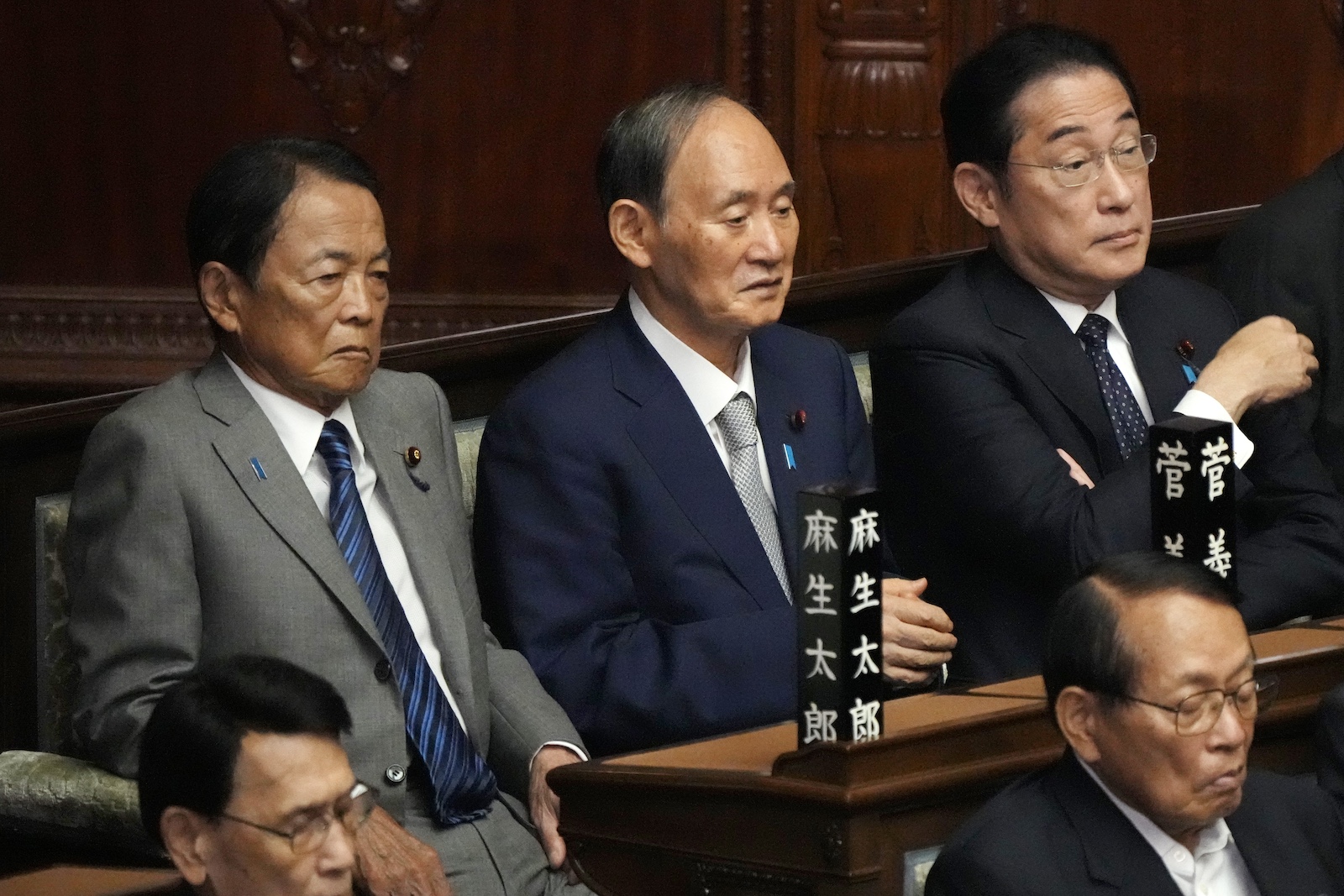Media Jepang
Ishiba vows to restore trust in politics, reassure public on security threats, high living costs
JAPAN TODAY
| Oktober 4, 2024
5 0 0
0
Prime Minister Shigeru Ishiba on Friday promised to restore trust in politics following a series of scandals and tried to reassure the public amid security threats from Japan's neighbors and higher living costs.
The former defense minister called the security environment facing Japan "the most severe and complex since World War II," in his first speech in parliament after being elected prime minister earlier this week.
Noting recent airspace breaches by Russia and China, and missile development by North Korea, he underscored the urgency of fundamentally bolstering the country's defenses and expanding the network of like-minded nations, with Japan's long-time alliance with the United States at its core.
Following the path set by his predecessor, Fumio Kishida, the 67-year-old leader also promised to continue extending support to inflation-hit households until a cycle of growth and wealth redistribution is "certainly in motion," which would allow people to feel the benefits of economic and wage growth.
He set a goal of achieving a 1,500 yen average minimum hourly wage across the nation by the end of the 2020s, earlier than the previous government's target. It currently stands at 1,055 yen.
Regarding a slush funds scandal that hurt voter confidence in the ruling Liberal Democratic Party, Ishiba said, "I will restore confidence in politics lost over the issue of political funds and will explain to the people more clearly than ever the situation in which Japan finds itself."
"It is the responsibility of politics to rebuild a safe, secure and prosperous Japan by gaining the understanding and empathy of the people," he said in the Diet.

Former prime ministers, from left, Taro Aso, Yoshihide Suga and Fumio Kishida, listen as Prime Minister Shigeru Ishiba delivers his first policy speech in the Lower house of the Diet on Friday. Image: AP/Eugene Hoshiko
Ishiba has already said that he will dissolve the House of Representatives next week for a general election on Oct 27. The decision, announced a day before he took office, prompted a backlash from opposition parties.
The speech, meanwhile, did not include any mention of his long-stated desire to create a NATO-like alliance in Asia, where tensions remain high between China and Taiwan.
The prime minister also did not mention his aim of revising a key bilateral agreement that serves as the basis for how U.S. troops in Japan operate, a change intended to make what he has described as an asymmetrical alliance more equal.
The omissions suggest Ishiba is aware of the lack of consensus within his ruling party on such controversial issues.
On energy policy, Ishiba said Japan will ensure the safety of nuclear reactors and create the best energy mix to satisfy growing demand, contrasting with his stance in the LDP's presidential election when he argued for the country to reduce its reliance on nuclear power to zero and greater use of renewable sources.
He also pledged to swiftly craft a fresh package of measures to help households cope with rising prices, with the yen's depreciation leading to higher import costs.
"It's necessary that we provide support to those reeling from rising prices until a virtuous cycle of growth and redistribution is certainly in motion, where pay hikes outpace inflation and companies invest proactively," Ishiba said.
While Ishiba is known to be an expert on defense, agriculture and regional revitalization, his skills are yet to be tested on the economic and diplomatic fronts, analysts say.
"I will step up both diplomacy and defense capabilities in a balanced manner," Ishiba said, adding Japan will take the lead in upholding the rules-based international order and making the Indo-Pacific "free and open."
The prime minister expressed his determination to make bilateral ties with South Korea "more robust and wide-ranging," building on the momentum created under his predecessor.
Regarding China, which he said is increasingly trying to change the status quo by force in the East and South China seas, Japan will urge it to behave more responsibly while at the same time aiming for "constructive and stable" ties through dialogue.
Ishiba said he will seek to resolve Japan's territorial dispute with Russia, though bilateral ties have cooled since Moscow's full-scale invasion of Ukraine, which has raised alarm about its implications for Asia.
The prime minister vowed "all-out efforts" to secure the return of Japanese nationals abducted by North Korea decades ago. But unlike his predecessor, he did not say he will explore a summit meeting with North Korean leader Kim Jong Un.
Media polls point to a rough road ahead for Ishiba, given that support for the just-launched Cabinet is not as high as his predecessors in recent years, partly because of the slush funds scandal plaguing the LDP.
That complicates Ishiba's wish to push ahead with his own policy agenda, such as revitalizing rural areas, where support for the conservative LDP is traditionally higher, and making the disaster-prone nation more resilient.
Ishiba said his government will make preparations to create a disaster prevention agency, increase grant aid to local governments, and boost exports of farm produce as he sees the agriculture, forestry and fisheries sectors as the "foundation of regional economic growth" and key to national security.
© KYODO
komentar
Jadi yg pertama suka

